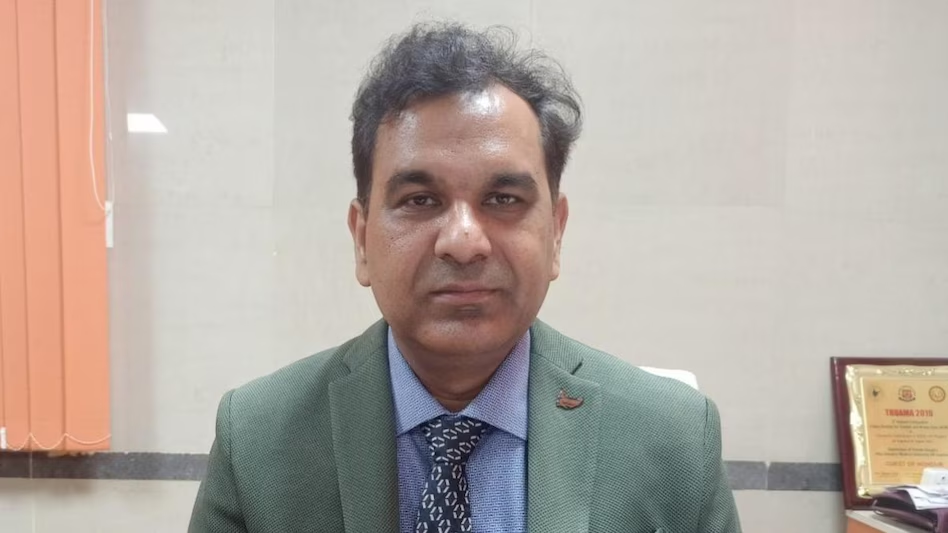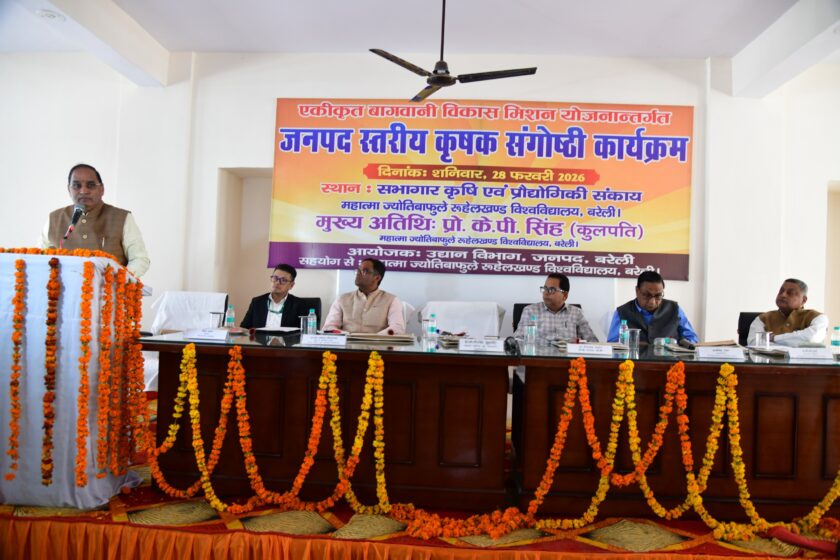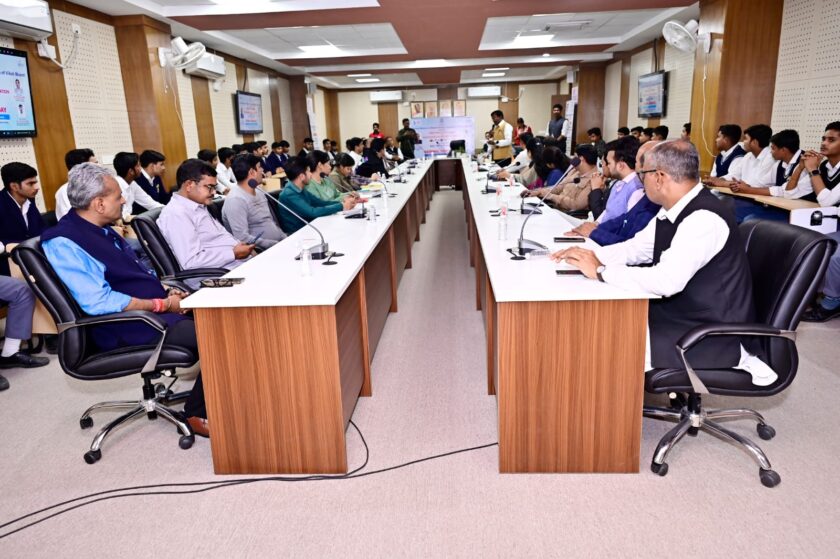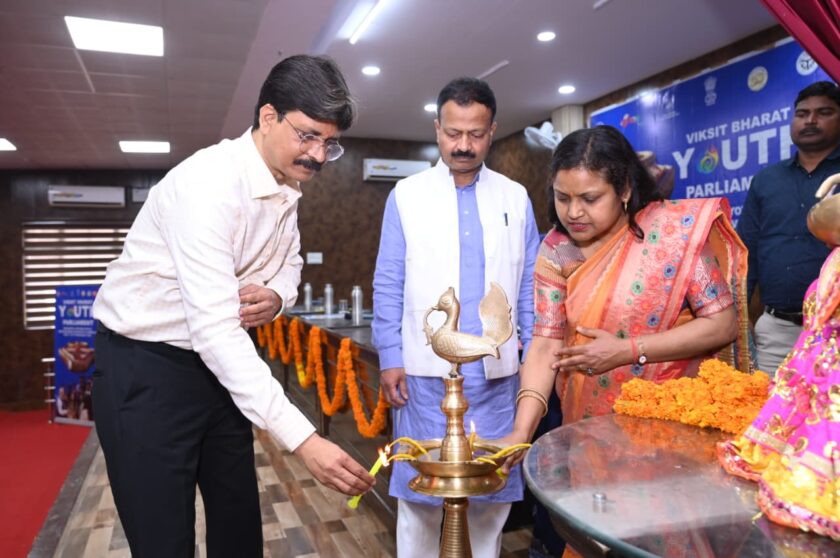Lucknow | Sepsis, a severe and often fatal complication arising from the body’s uncontrolled response to infection, continues to be a pressing public health concern. More than 1.15 lakh people in India are affected annually, with four out of every ten cases seen in children below five years of age, according to medical experts.
Marking World Sepsis Day, Prof. Ved Prakash, Head of Pulmonary and Critical Care Medicine at King George’s Medical University (KGMU), Lucknow, said that the disease is a major cause of mortality worldwide, accounting for one in five deaths. “At KGMU, over half the patients in the intensive care unit of the pulmonary department are diagnosed with sepsis. Early recognition and timely treatment remain the key to survival,” he explained.
Prof. Prakash emphasised that indiscriminate use of antibiotics is worsening the problem. “People often rely on antibiotics and painkillers without medical advice, which is extremely harmful. Antibiotics must always be taken under proper supervision, and patients must complete the full course,” he cautioned.
The misuse of antibiotics, he warned, is leading to drug-resistant bacteria, leaving doctors with fewer treatment options. “When antibiotics lose their effectiveness, conditions like sepsis become harder to treat, putting more lives at risk,” he added.

Echoing the concern, Prof. Rajendra Prasad, also from KGMU, noted that antibiotics remain essential for fighting sepsis and other severe bacterial infections, but their misuse directly contributes to resistance.
Sepsis occurs when the body’s immune system, in trying to fight an infection, causes widespread inflammation that damages tissues and organs. Without urgent medical care, it can quickly progress to multi-organ failure and death.
Health professionals are calling for greater public awareness, strict antibiotic regulation, and improved diagnostic facilities to curb the rise of sepsis. They stressed that prevention, early detection, and rational use of antibiotics are the most effective ways to reduce its impact.









